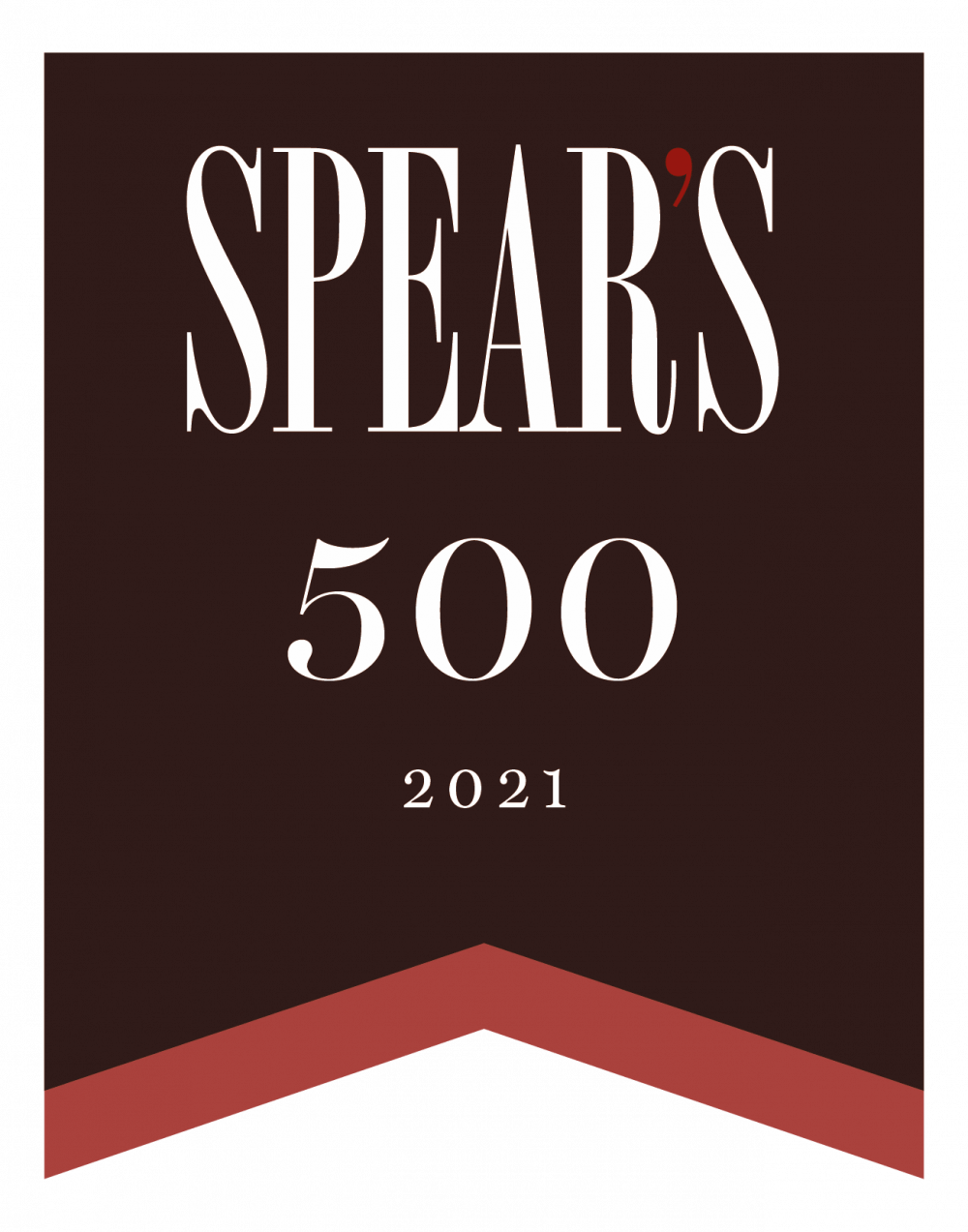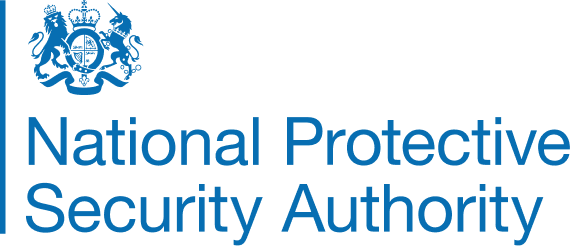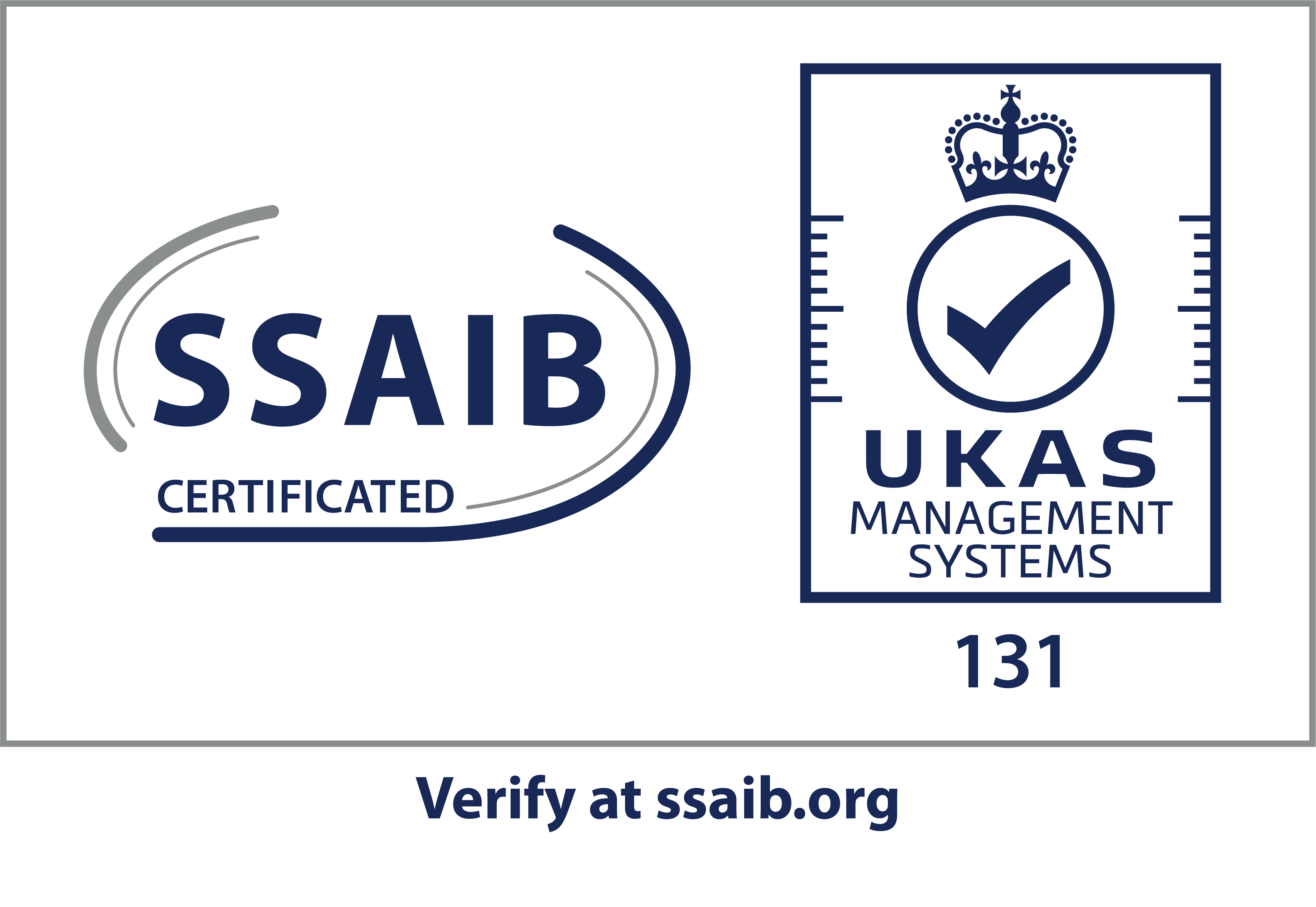LEVEL 3 CERTIFICATE FOR WORKING AS A CLOSE PROTECTION OPERATIVE WITHIN THE PRIVATE SECURITY INDUSTRY (RQF) INCLUDING LEVEL 3 AWARD FOR THE FIRST PERSON ON SCENE (INTERNATIONAL) (RQF)
Qualification Objective
In compliance with new SIA CP qualification requirements from 1 April 2022.
This qualification is intended for individuals who work or want to work as a Close Protection Operator (CPO) in the Private Security Industry and require an SIA Frontline Close Protection (CP) Licence to Practice.
It is the aim of BSC to train people for the realities of operating within the United Kingdom and to dispel the myths, rumours and falsehoods that exist within the industry relating to CP. We train people to operate in the UK environment and include training days in Central London where the vast majority of CP within the UK takes place.
As from 1 April 2022 and in compliance with the SIA it will also allow for licence integration whereby individuals can also work as a Door Supervisor (DS) without any need for a future ‘Top-Up’ course or a separate SIA Door Supervisor licence.
£2400 +VAT (£2880)
Alternatively, please contact Paul at [email protected]
Course Duration
Typically 22 Days
Close Protection: 18 Days
Medical: 4 Days.
Course Entry Requirements
This qualification is aimed at individuals aged 18 years and over who are able to undertake the roles and responsibilities of a CPO.
Due to the nature of the role of a CPO during the course of their work, it is likely they will be required to make calls to the emergency services or need to communicate to resolve conflict. It is therefore essential that CPOs are able to communicate effectively.
Potential course candidates should as a minimum have English language skills (reading, writing, speaking & listening) equivalent to one the following, which will need to be evidenced:
- B level qualification on the Home Office’s list of recognised English tests and qualifications
- ESOL qualification at (Level 1) on the Ofqual register taken in England, Wales or Northern Ireland
- ESOL qualification at Scottish Credit and Qualifications Framework level 5 awarded by the Scottish
- Qualifications Authority (SQA) and taken in Scotland
- Functional Skills Level 1 in English
- SQA Core Skills in Communication at Scottish Credit and Qualifications Framework level 5
- Essential Skills Wales Communication Level 1
- Served in HM Forces since 2012 or held rank above Private or Service equivalents:
- Service Leavers – Please get in touch for further explanation.
- GCSE Grades D, E (3, 2)
In addition, Candidates should also be physically capable of undertaking the more practical assessments in a range of environments. It is worthy of note that when applying for an SIA Licence part of the process includes a Disclosure and Barring Service (DBS) criminality check. It is recommended that candidates with concerns should use the Criminal Record Indicator available on the SIA website prior to enrolling for this qualification to ascertain if they are likely to achieve licenced status.
Medical Qualification Requirement for SIA Frontline CP Licence
The SIA requires candidates to hold an appropriate Level 3 medical qualification as a minimum when they apply for their SIA Close Protection Licence. This course includes the appropriate medical qualification that is required to apply for the SIA CP Frontline licence, however should any potential candidate already hold or believe they hold an appropriate medical qualification there is only a requirement to attend the CP course.
Please get in touch to check that the medical qualification held is appropriate.
CP Course Content (Level 3 RQF)
Principles of Working as a Close Protection Operative in the Private Security Industry
- Roles and responsibilities of a Close Protection Operative
- Law and legislation relevant to a Close Protection Operative
- Threat & Risk management and assessment
- Personal & professional interpersonal skills
- Teamwork and operational briefing
- Basic surveillance, anti-surveillance and counter-surveillance techniques
- Search procedures
- Close protection foot drills
- Venue security operations
- Route selection & journey management
- Reconnaissance
- Operational planning
Working as a Close Protection Operative in the Private Security Industry
- Dynamic Risk assessment
- Basic surveillance, anti-surveillance and counter-surveillance techniques
- Searching procedures
- Foot drills
- Venue security operations
- Managing transport arrangements & transport management
- Plan and prepare to carry out a close protection operation
- Provide close protection to a principal
- Incident management
Application of Conflict Management in the Private Security Industry
- Principles of conflict management
- Recognise, assess and reduce risk in conflict situations
- Problem-solving techniques when resolving conflict
- Communication to de-escalate conflict
Principles of Terror Threat Awareness in the Private Security Industry
- Terror threats and the role of the security operative
Knowledge of Door Supervision Responsibilities for Close Protection Operatives
- Vulnerable people
- Licensing law & legislation
- Queue management and venue capacity responsibilities
Application of Physical Intervention Skills in the Private Security Industry (Close Protection)
- Providing clear and concise instructions
- Responding to a change in operational conditions
- Immediate physical threat to the principal
- Layers of protection when managing threats
- Criminal & Common Law when using force
- Alternatives to physical intervention
- Threats resulting from attempted assault or unwarranted attention
- Physical intervention in a justifiable, ethical, and professional manner
- Non-pain compliant soft skills (principal)
- Defensive non-pain compliant skills (Self)
- Non-pain complaint protective methods (CP Team)
- Protect the principal from assault
- Effective communication
Application of Physical Intervention Skills in the Private Security Industry
- Physical interventions and their implications
- Risks associated with using physical intervention
- Reduce the risks associated with physical intervention
- Physical skills to protect yourself and others
- Non-pain compliant standing, holding and escorting techniques
The First Person on Scene International course covers the following content:
- The role and responsibilities of the First Person on Scene
- The principles of scene management
- Undertake basic casualty assessment and monitoring
- Assess and manage a casualty who is unresponsive
- Support a casualty with suitable airway management techniques
- Perform basic life support procedures on a paediatric casualty
- Recognise and manage a casualty with a minor injury
- Manage a casualty who has a catastrophic bleed
- How a blast or ballistic injury may affect a casualty
- Recognise and manage a casualty who is in shock
- Recognise and manage common trauma related injuries
- Recognise and manage a casualty experiencing a common medical emergency
- Recognise and manage a casualty experiencing an anaphylactic reaction
- Recognise and manage a casualty affected by heat or cold
- Provide First Aid to a casualty with sudden poisoning
Accreditations
Blackstone Consultancy is constructed around only the highest-calibre of professionals, and as a result, have the accreditations to support the claim.








